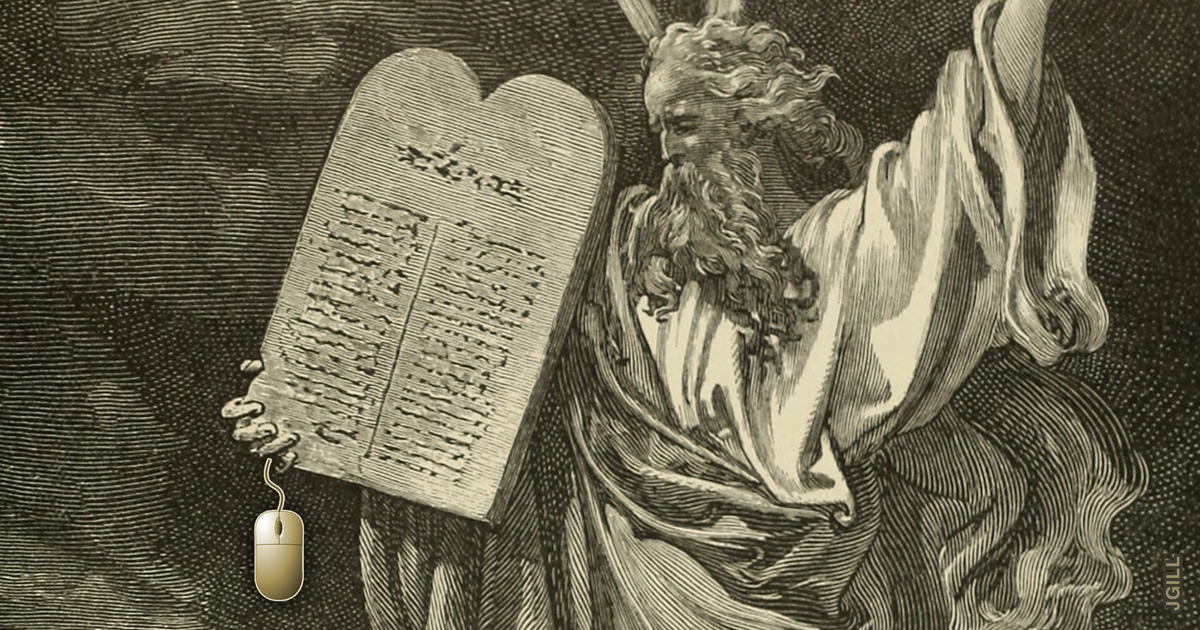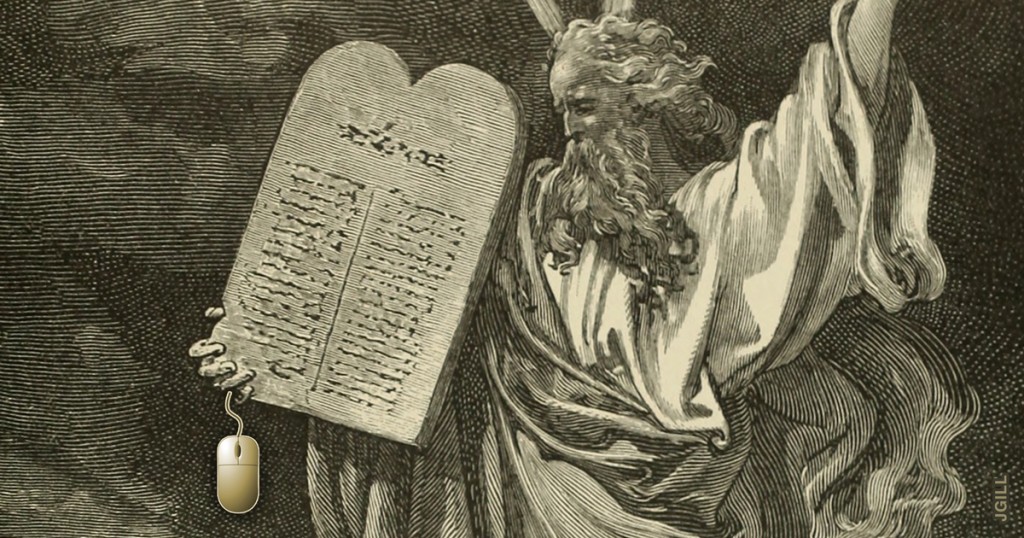Is “Thou shalt create controversy” one of politicians’ Ten Commandments? Is “Thou shalt pass a law to solve every problem” their eleventh?
Meet Arkansas Senate Bill 939, which would authorize placing a monument to the Ten Commandments on capitol grounds. It passed the state senate last week, 27 – 3, and is headed to a similar slam-dunk in the House.
The Arkansas Democrat-Gazette reports that, according to authors Sen. Jason Rapert (R‑Bigelow) and Rep. Kim Hammer (R‑Benton), the effort “should be seen as a way to honor the historic role the biblical text has had in U.S. and Arkansas history and not seen solely as religious.”
No public dollars are involved, say proponents — private money is to purchase the obelisk. Opponents, many testifying, counter that the upkeep will still tap taxpayer money.
Not to mention the certain and certainly expensive litigation over the constitutionality of the endeavor.
I’m not one to shy from a constitutional battle, having launched more than a few of my own. But, well, I think the Ten Commandments might best serve as more than a prop.
Let me offer an alternative that (a) could actually get real people to read the Ten Commandments, no doubt with varied but valuable educational result, and (b) won’t cost the State of Arkansas one thin dime in maintenance or legal fees.
Download a copy of the Ten Commandments here. Share with others.
Reading and talking about the Decalogue has to be far better than picking an expensive fight about it.
No law necessary.
This is Common Sense. I’m Paul Jacob.


2 replies on “Commanding Controversy”
Agreed, no need for controversy and litigation.
Rather, provide a copy to all candidates and potential appointees, ask them to read them and demand an unrestricted affirmation they will adhere to those principles, in letter and spirit, both as to their own personal lives, and in their authoritative or representative role. Make them affirm that the same morality that applies to every individual applies also to the collective, without exception. If they refuse, they should not be supported for elective or appointive office.
If the governments of man recognized that they have no exemption for the laws of morality as promulgated by the Decalogue, both in domestic and foriegn policy, the vast majority of our problems would cease.
[…] Yesterday I argued that the Ten Commandments can and should be promoted — privately. Promoting one’s religion is expected … outside of government. But do that as a government official and suddenly what most folks consider good common sense morality sows discord. […]